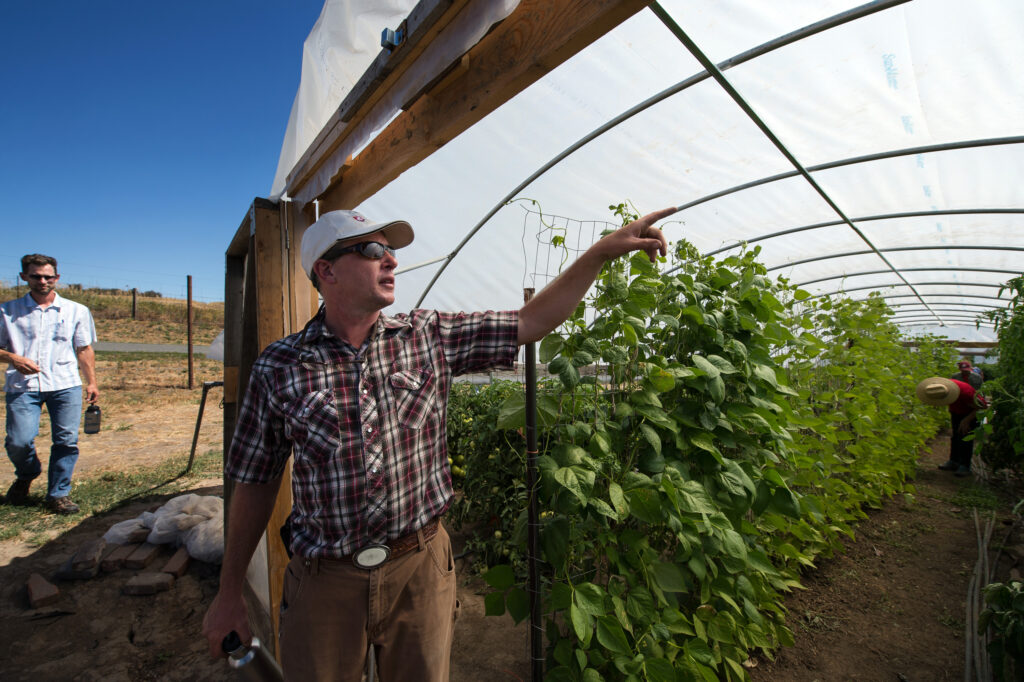Agricultural Education
College of Agricultural, Human, and Natural Resource Sciences
Combine plant and animal sciences with teaching certification and educate the next generation of agricultural leaders and consumers.
Highlights
- Semester of student teaching in a Washington high school built into the curriculum
- Greenhouses, farms, research centers, and other facilities available on campus and throughout the state
- Participate in undergraduate research guided by renowned faculty
- Blend of classroom instruction and hands-on field experience
Career
With an Agricultural Education degree, you can work in:
- Middle or high school teaching and advising
- Community outreach and education
- Customer service, public relations and sales
- 4-H youth or agricultural extension education
- Government and non-profit agencies
Transfer Students
WSU accepts credit from Advanced Placement, International Baccalaureate, and CLEP exams, associate degrees, Running Start and more.
You’re considered a transfer student at WSU if you’ve received college credit post-high school.
Use our Transfer Course Search Tool to determine what courses you need to take at your current institution to transition to WSU smoothly.
Admission to WSU and admission to your desired major are two separate processes. Contact your academic department for specific requirements and prerequisites unique to your major.
Scholarships
Complete the General Scholarship Application to be eligible for 700+ WSU scholarship programs, including ones specifically for a major you’re interested in. Use our search tool to find more scholarships outside WSU.
Fill out the FAFSA (Free Application for Federal Student Aid) or WASFA (Washington Application for State Financial Aid) to be considered for scholarships, grants, loans, and other forms of aid.
Internships, Jobs, and Work-study
Find hundreds of student-friendly jobs, internships, and work-study opportunities with our WSU student job board, Handshake. You can also check with departments for internships specific to a major.
Get advice and learn more at the Academic Success and Career Center.
Dig Deeper
Find out more about a degree in Agricultural Education
Degree Options
Agricultural and Food Systems
- Pullman
Agricultural Education Teaching Certification
- Pullman
Contact
Contact your personal admission counselor












